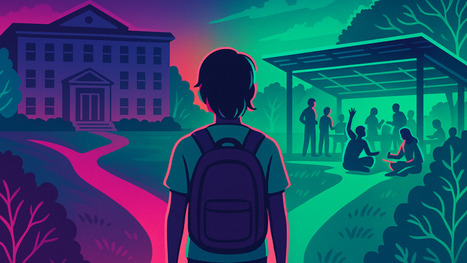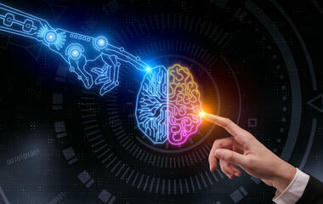The Quillionz platform is completely free to use. Users can create their free Quillionz account by signing up on the Quillionz website.
Those who might prefer a human touch over artificial intelligence might find the Quillionz curation service more to their liking. In the service offering, the Quillionz team of instructional design experts reviews and enhances the questions created by the AI engine, and delivers an array of curated, handpicked questions. More information about Quillionz curation service is available on the Quillionz website.
No comment yet.
Sign up to comment





 Your new post is loading...
Your new post is loading...

![[PDF] Revolución de la IA en Educación Superior | Edumorfosis.it | Scoop.it](https://img.scoop.it/H0Z6lucB4UB3J2hRt_JwYzl72eJkfbmt4t8yenImKBVvK0kTmF0xjctABnaLJIm9)



![[PDF] The manifesto for Teaching and Learning in a time of Generative AI: A critical collective stance to better navigate the future | Edumorfosis.it | Scoop.it](https://img.scoop.it/-J6GLQv8vrHJgnR6FO2UWDl72eJkfbmt4t8yenImKBVvK0kTmF0xjctABnaLJIm9)





![[Video] Universities to be replaced by AI? Here's what the godfather of AI said | Edumorfosis.it | Scoop.it](https://img.scoop.it/UGHEqr0YeifjiSTnBSm2vDl72eJkfbmt4t8yenImKBVvK0kTmF0xjctABnaLJIm9)






![[PDF] Lack of skills, knowledge and competences in Higher Education about Industry 4.0 in the manufacturing sector | Edumorfosis.it | Scoop.it](https://img.scoop.it/rZHt_hiDo5iqhZPLjrldgzl72eJkfbmt4t8yenImKBVvK0kTmF0xjctABnaLJIm9)









